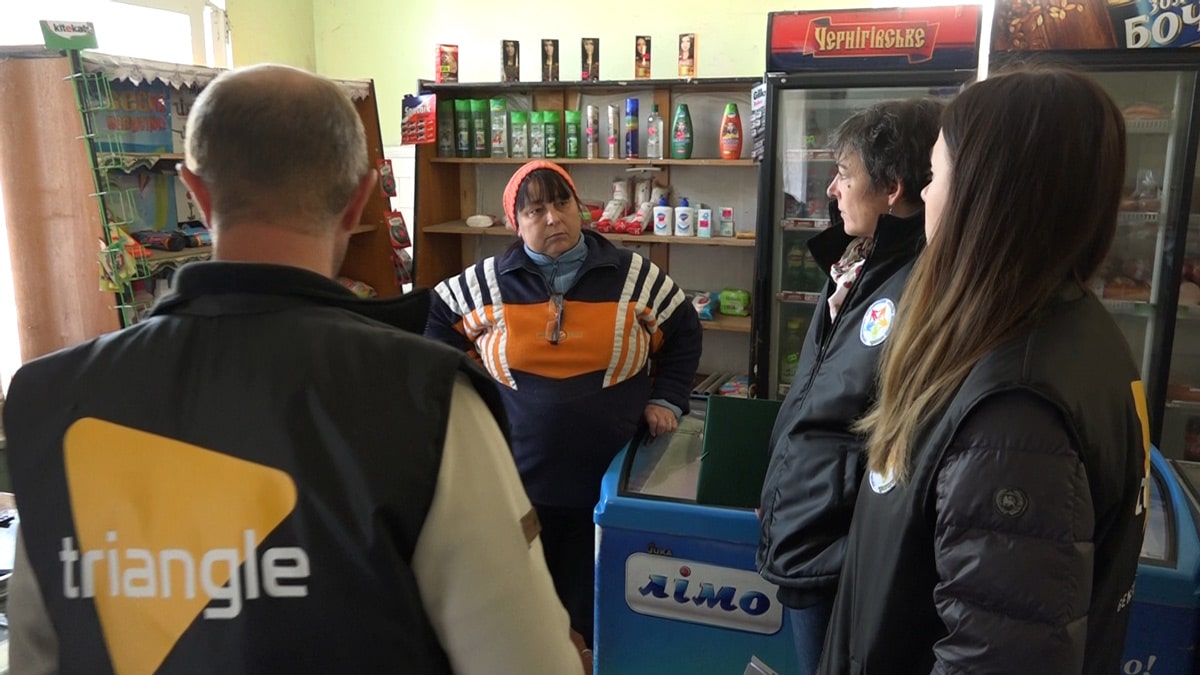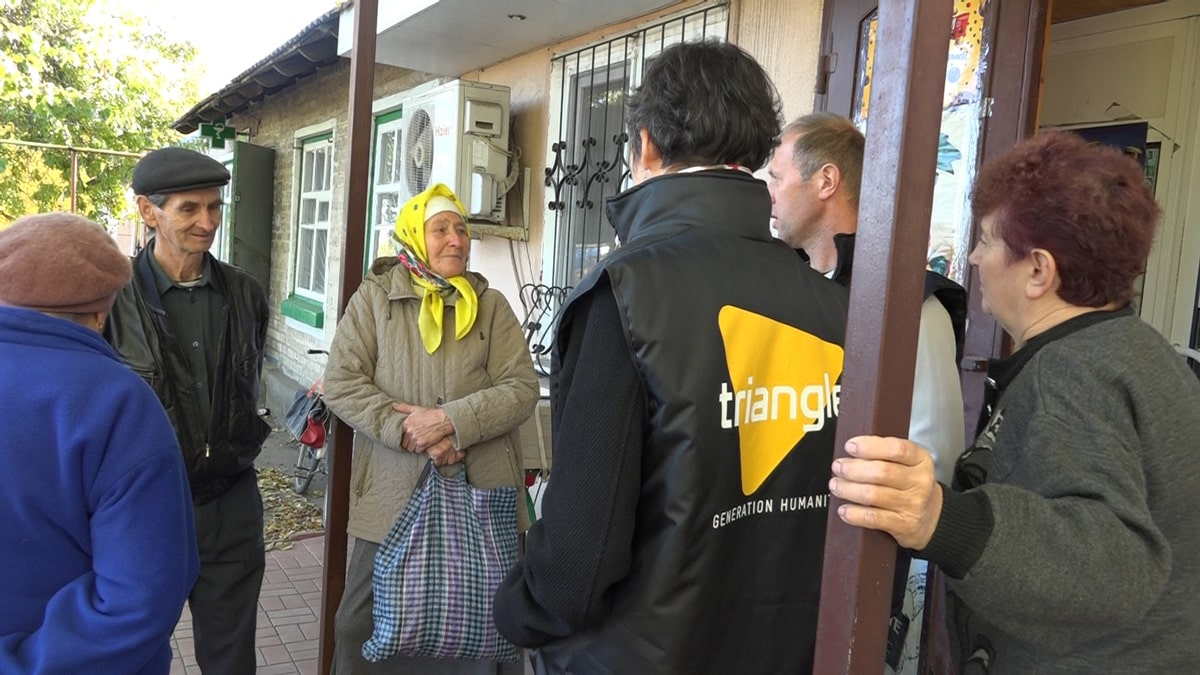AREA OF EXPERTISE

Water, hygiene and sanitation

AREA OF EXPERTISE

Water, hygiene and sanitation
FUNDING


Since 2014, when the conflict between Ukrainian Armed Forces and armed groups began in eastern Ukraine, more than 2,500 civilians have been killed, 9,000 injured, and about one million Internally displaced person (IDP) by the fighting. Despite several ceasefires since 2015, tensions remain high and new victims continue to be reported daily. Bombings are taking place every 30 minutes in some parts of the country.
The socio-economic situation of people located close to the contact line between Russia and Ukraine and in the Donetsk and Luhansk oblasts (equivalent to a region) is strongly impacted: between 2013 and 2015, the percentage of the population living below the subsistence minimum rose from 22% to 66% in the Donetsk oblast and from 20% to 74% in the Luhansk oblast. Monetary poverty, combined with higher prices and insufficient access to basic necessities, limits households' ability to cover their most urgent needs. Basic hygiene practices deteriorate by lack of resources, and the risk of sanitation-related diseases is increasing, especially among vulnerable groups with special needs such as children, isolated elderly people, Women-led households and people with chronic diseases.

TGH with grocers for the launching of a new round
Social institutions are also deeply affected by the lack of funding. 85% of schools need basic cleaning equipment. The 31 institutions (schools, orphanages, psycho-neurological centres and retirement homes) targeted by a study conducted by TGH in spring 2017 all reported their budgetary difficulties related to the conflict and the additional costs linked to the maintenance of their facilities.
TGH has implemented an innovative approach based on an electronic voucher system, in partnership with a network of local grocery stores. The amount of money needed is calculated for each target group. The flexibility of the e-voucher system allows beneficiaries to cover their most urgent needs, and the local economy benefits from the injection of cash. The positive impacts measured on previous programmes based on a similar approach to food needs have led to the extension of this method to hygiene products for 35,000 people living near the contact line in the Government-controlled area. Voucher will also be distributed to social institutions (schools, kindergartens, collective centres for displaced people, social centres, etc.) for 34,830 people (including 29,830 children).

New round of electronic coupons